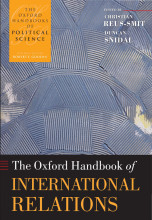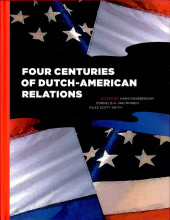The what, who, how and why of global society - what do we study - whom do we study
5 important questions on The what, who, how and why of global society - what do we study - whom do we study
Dark side of transnationalism
Difference transnational actors from states and ios
Positive and negative attributes of networks
- Higher grades + faster learning
- Never study anything twice
- 100% sure, 100% understanding
Rise of global society & nonstate actors and individuals
Two prominent areas in the study of global governance
The question on the page originate from the summary of the following study material:
- A unique study and practice tool
- Never study anything twice again
- Get the grades you hope for
- 100% sure, 100% understanding































